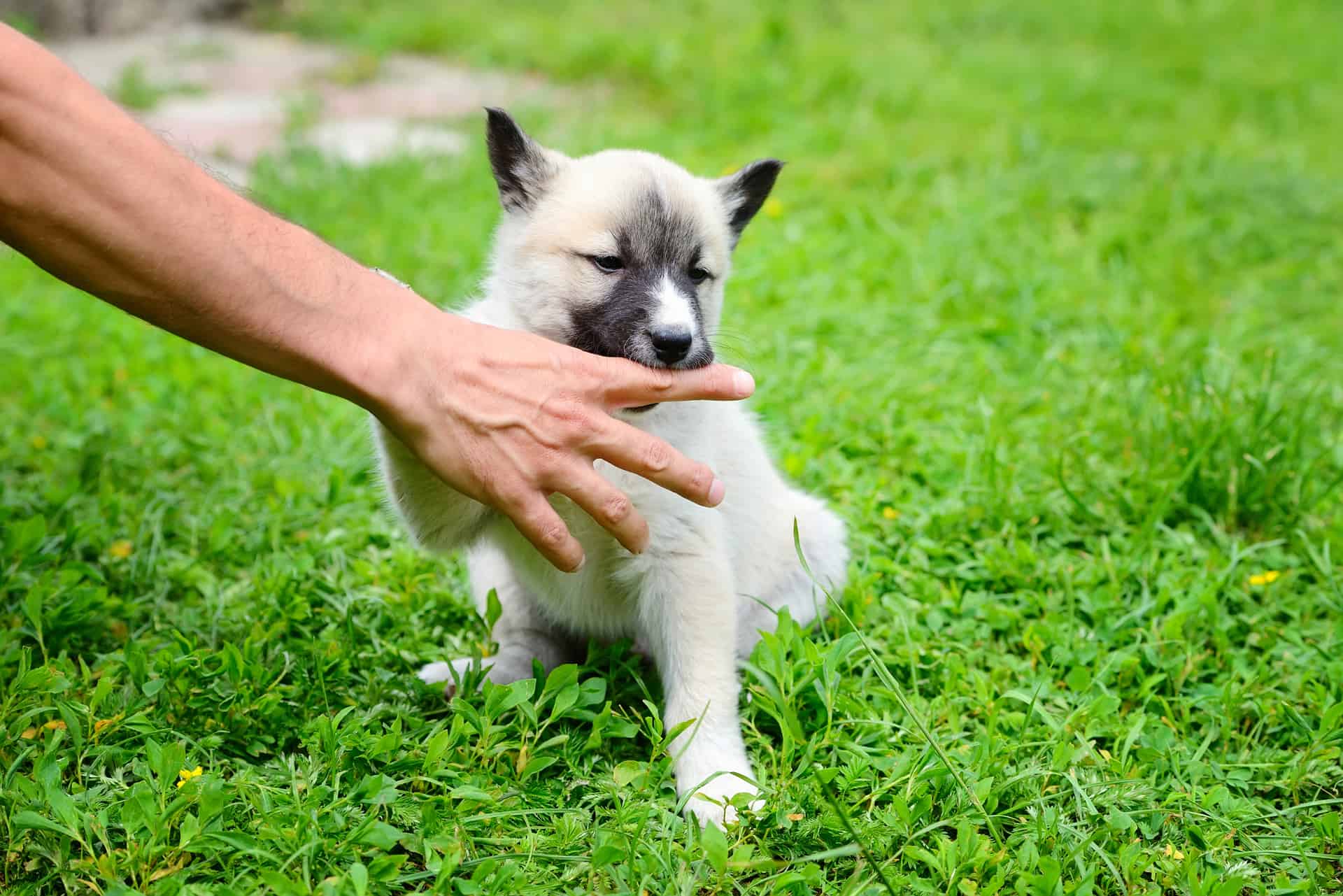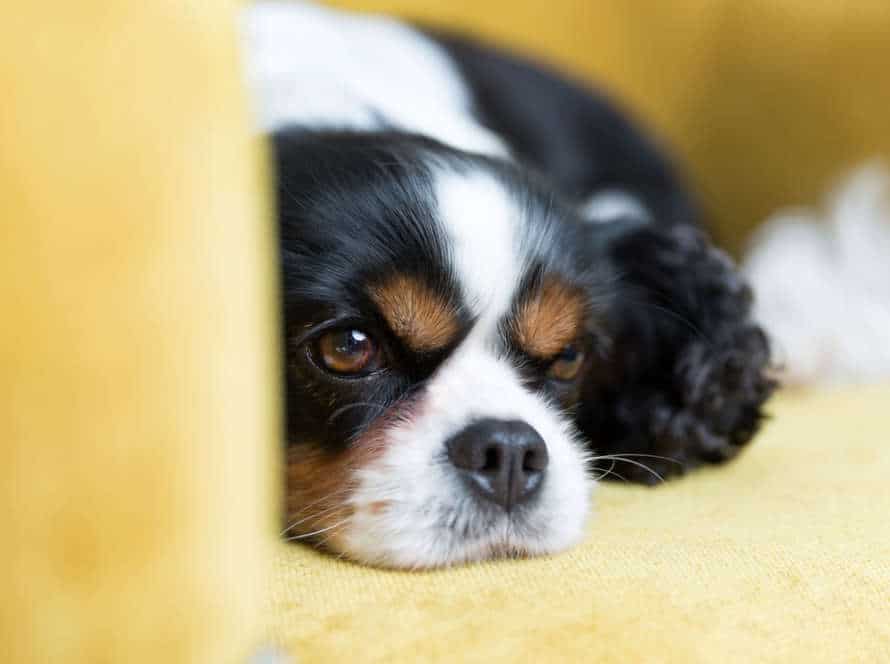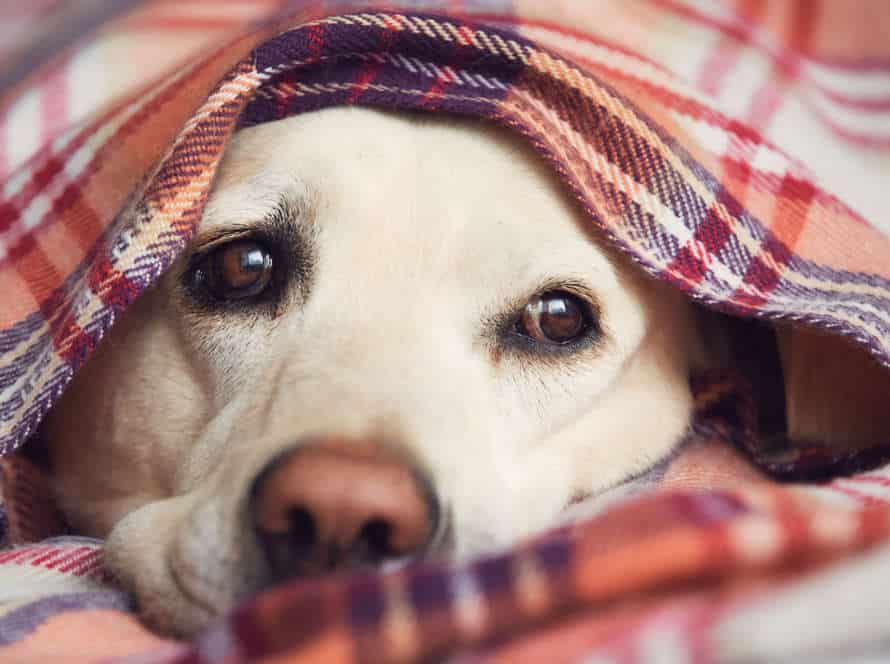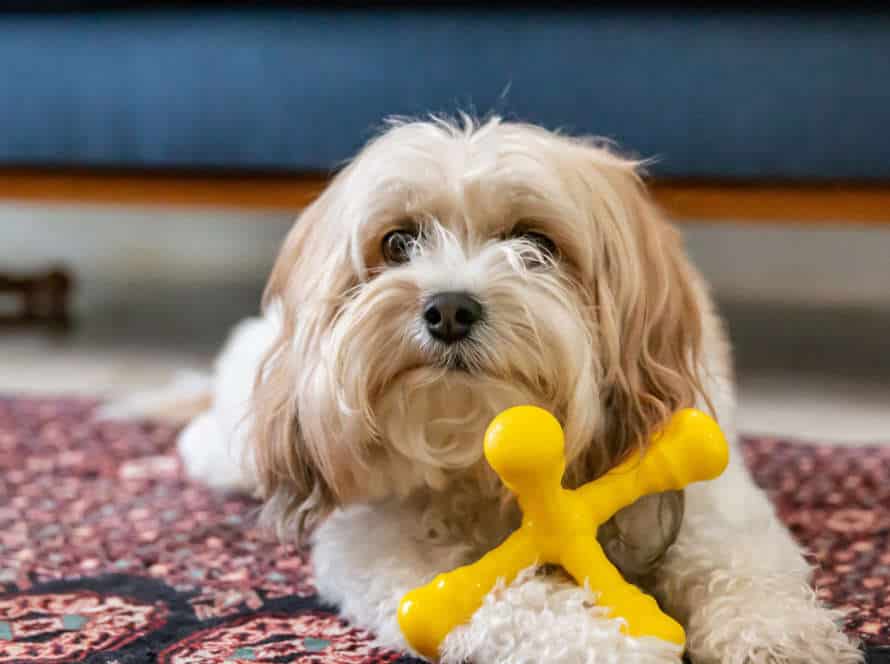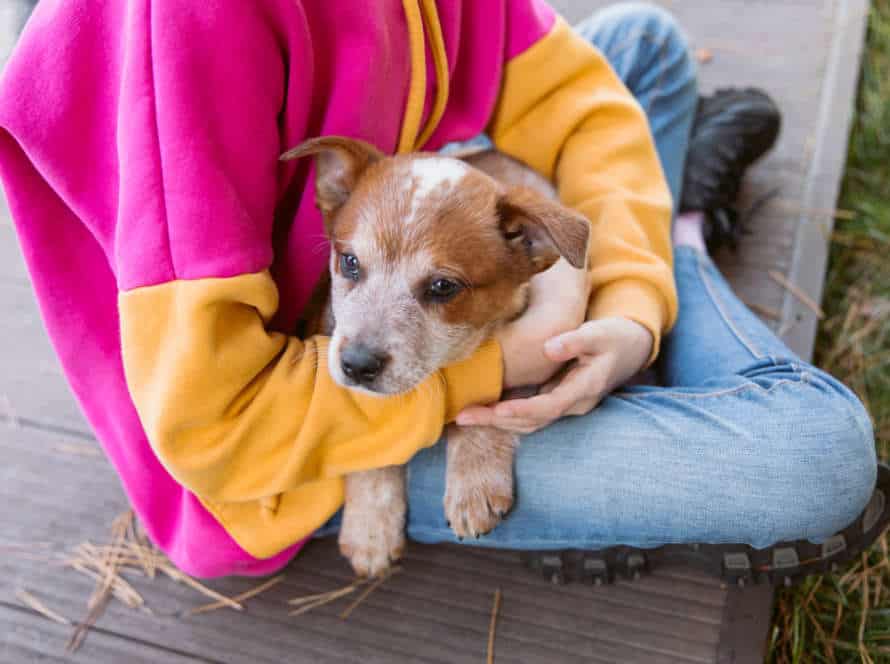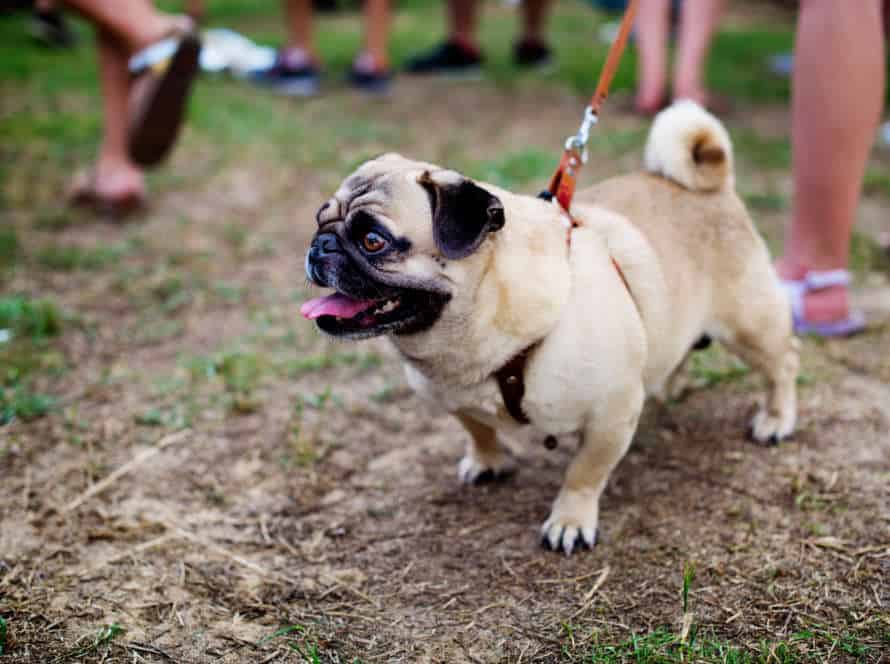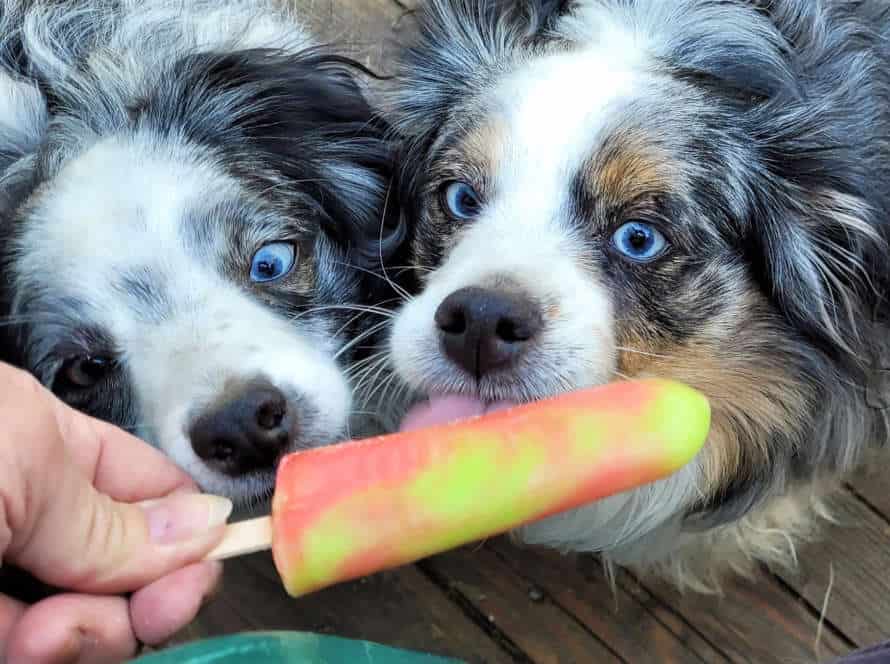Importance of Socialization in Preventing Aggression
Aggression is common among animals, especially dogs. Socialization is vital to avoiding aggression, but how? This article will examine the importance of socialization in preventing aggression. It will also provide tips to pet owners on how to make sure their pet is exposed to the right socializing environments.
Understanding the impact of socialization on aggression
Socialization is key for keeping aggression in animals, particularly dogs, under control. Early socializing puppies is a must for avoiding aggressive behavior and for having an adult dog that is emotionally balanced.
Here are three ways in which socialization can fight aggression:
- Boosts Self-Assurance – Having positive social interactions with other animals and humans can help dogs to be more confident and chill in unfamiliar places.
- Reduces Fear – A lack of socialization can make dogs more scared and anxious, which can lead to aggression as a way of self-protection. Socializing in a secure and controlled atmosphere can help reduce those fears.
- Helps Comprehend – Dogs that are socialized comprehend regular animal behaviors and are able to communicate well with other dogs and humans, thus avoiding misunderstandings that can cause aggressive behavior.
Socialization should begin as soon as possible. From 3 to 14 weeks old is the ideal age. But it’s never too late to begin. Stimulate positive social contact with other people and dogs. Also, reward excellent behaviors with treats and compliments.
The role of early socialization in preventing aggression
Early socialization is key for preventing aggression in dogs. It can’t be stressed enough how important it is. Puppyhood is the best time to socialize them, as they’re more curious, braver and better at adapting. Techniques include: introducing them to different people, dogs and places; exposing them to different sounds, smells and sights; and providing positive experiences. Socializing them early can help them be well-adjusted and friendly. Socialization must continue through their life to keep up their behavior and prevent aggression.
Pro Tip: Get help from a qualified dog trainer for proper socialization techniques.
Ways in which socialization helps prevent aggression
Socialization is key for avoiding aggression, especially in the early stages of humans and animals. It forms an individual’s character, behavior and encourages their social abilities. Here are a few ways socialization helps to prevent aggression:
- It trains people on how to read social signs and talk about their feelings nicely.
- Socialization gives chances to consider different attitudes towards people, events, and experiences.
- Socialization leads to the growth of empathy, which assists individuals to recognize and respect the limits of others.
- Early socialization supports animals to understand the order in the social system and how to interact with their peers.
- Socialization passes on the values of cooperation, teamwork and mutual respect.
Pro Tip: Early socialization is key for avoiding aggression in both humans and animals. Parents should provide opportunities for their kids to socialize and develop healthy social skills.
Key Components of Socialization for Preventing Aggression
Socializing early is key to stopping aggression in a dog’s later life. When a pup first arrives, it should get to know people, animals, and different experiences. These are the main components that are necessary to avoid aggression. So, let’s take a closer look!
Exposure to different people and animals
Socializing dogs early is vital for preventing aggression. Exposing them to different people and animals has long-term benefits. Here’s how:
- It helps create a positive connection, reducing the chance of their being aggressive in adulthood.
- Socialized dogs are more self-assured and not scared so easily, making them less likely to react badly when in strange or frightening places.
- It teaches them appropriate behavior and communication, reducing the chance of misunderstandings or aggression.
Remember to keep socializing your dog throughout their life. Pro tip: Get a puppy? Start socializing ASAP! Go to puppy classes, take them on walks in busy areas, and introduce them to a variety of people and animals to help them develop healthy social skills.
Positive reinforcement for good behavior
Positive reinforcement is a great way to encourage good behaviour in dogs. This can help to stop aggression in the future. For successful socialization and avoiding aggression, it’s important to have early, positive experiences with other dogs, humans, and different places or things.
To use positive reinforcement during socialization:
- Give treats, praise, or playtime when the dog is calm, friendly, and obedient.
- Speak in a gentle, positive way and make sure the dog knows the reward is for the desired action.
- Don’t punish or yell; this could make the dog scared and aggressive.
- Be consistent in training and socialization to make sure the dog knows what to do.
Early socialization is essential for preventing aggression and having a well-behaved, happy pup.
Teaching basic obedience and commands
Teaching basic commands to your dog is a key part of socialization. Early socialization is important for preventing aggression. Here are some basics:
- Sit: Hold a treat close to their nose and lift it up. As their nose follows, their butt will sit.
- Stay: Put them in the sitting position, then show your palm and say ‘stay’. Increase time and distance gradually.
- Come: Call their name and say ‘come’, while tugging on their leash. Reward when they come.
- Heel: Use a leash and be consistent with commands.
Teaching obedience can help to stop aggressive behavior and create positive habits. Use positive reinforcement and stay consistent with training.
Socialization Techniques for Preventing Aggression
Teaching children to act with others is known as ‘socialization’. It is an important part of growth. Here are tips to use socialization to stop aggression in children. These techniques are effective.
Puppy socialization classes
Puppy socialization classes can be great for preventing aggression. Here are some of the techniques used:
- Positive reinforcement training with treats, praise & toys to encourage good behavior.
- Controlled exposure to new environments, sounds & people, to help puppies overcome fear.
- Proper handling techniques taught, so puppies don’t become aggressive or fearful.
- Playtime with other puppies to teach communication & prevent aggression.
Early socialization is key & socialization classes can be fun & effective. Give your puppy the best chance at a happy & well-adjusted life!
Controlled introductions to people and situations
Socialization is key for quashing canine aggression. Controlled introductions to people and situations can help socialize your pooch and diminish the chance of aggressive behavior. Here are some methods you can use to socialize your pup:
- Introduce your dog to new people step by step. Reward good, friendly behavior and keep an eye on all interactions.
- Take your dog to different places, exposing them to different sights, sounds, and smells. Start with calmer environments and gradually increase intensity.
- Enrolling your pup in obedience classes or playgroups can help them form positive behaviors and social skills.
- Start socializing your pup at a young age – it’s the best way to form good temperament and behavior patterns.
Gradual exposure to new experiences and environments
Gradual exposure to new experiences and environments is a great way to stop your pet from getting aggressive.
Try it out! Start with a calm environment where they feel relaxed. Show them new sights, sounds, and smells – but begin from a distance.
Encourage them with positive reinforcement and rewards for good behavior.
Repeat this process regularly and introduce new environments and experiences. This will make sure they stay non-aggressive!
Remember – socializing your pet at an early age is important to keep them from becoming aggressive. So start now!
Common Misconceptions About Socialization for Preventing Aggression
People usually think that socializing a pup is only about teaching them manners around others. But that’s only part of it! It also includes helping young doggos adjust to people and new places. Plus, reducing fear of unknown surroundings.
Sadly, there are many myths about socializing and how to do it properly. Let’s explore these myths and how to overcome them.
Beliefs about aggression being innate and unchangeable
People commonly think aggression is an inborn, unchangeable trait. This is wrong. Aggression is something we learn. We can stop it with suitable early socialization.
Studies prove a lack of socialization can cause aggressive behavior in both people and animals. Early experiences and interactions are essential for forming behavior and improving social skills.
Good socialization means exposing animals or humans to a positive and controlled range of experiences, people, and environments. This educates them on acceptable behavior and responses, decreasing the chance of aggressive behavior.
It is important to correct this misunderstanding, as it may lead to a hopeless attitude towards stopping aggression. By realizing socialization is key to forming behavior, we can focus on providing the social experiences needed to prevent and lessen aggressive behavior in the future.
The idea that punishment is an effective way to prevent aggression
Punishment is often thought to be a great way to stop aggression. This isn’t true! Punishment can create fear and worry which can actually make the problem worse.
Early socializing is important to stop aggression. It teaches people how to interact with others and builds their social skills.
Positive reinforcement, like rewards and compliments for good behaviour, works better at changing behaviour and stopping aggression for the long-term.
To sum up, punishment alone does not stop aggression. Early socialization and positive reinforcement are better strategies.
Insufficient understanding of the role of socialization in behavior development.
A lot of people don’t understand how socialization affects behavior. They think genetics are all that matters, not socialization.
Socialization is very important for behavior development, especially aggression. Puppies who have good experiences with people and other animals 3-14 weeks old, are more likely to be less aggressive.
Genes can be a factor in behavior, but socializing is key for preventing aggression in dogs and humans. Knowing about socialization is essential for making our society more accepting and secure.
Frequently Asked Questions
Q: What is aggression?
A: Aggression is behavior that intends to cause harm or injury to others.
Q: Why is early socialization important in preventing aggression?
A: Socialization teaches young children how to interact with others in a positive way and helps them develop important social skills like sharing, empathy, and cooperation. Children who are not socialized early may struggle with these skills and be more likely to act out aggressively.
Q: What are some ways to socialize young children?
A: Socialization can happen through interactions with family members, peers, and adults outside the family. Playgroups, preschool or daycare, and community activities are great ways for children to interact with others and learn social skills.
Q: How can parents promote positive socialization and prevent aggression in their children?
A: Parents can model positive social skills themselves, provide opportunities for their children to interact with others, and set clear expectations for behavior. They can also use positive reinforcement to encourage good behavior and address problem behavior in a calm and consistent manner.
Q: What are some signs that a child may be struggling with aggression?
A: Signs of aggression in young children may include hitting, biting, pushing, or other physically aggressive behavior. They may also struggle with sharing, have trouble following instructions or rules, and have difficulty controlling their emotions.
Q: What should parents do if they are concerned about their child’s aggression?
A: If parents are concerned about their child’s aggression, they should talk to their child’s doctor or a mental health professional. They may also want to seek out parenting classes or support groups to learn more about positive parenting strategies.

